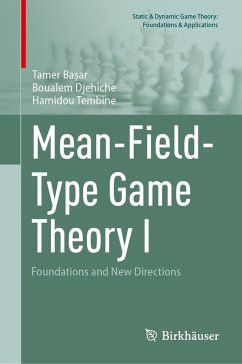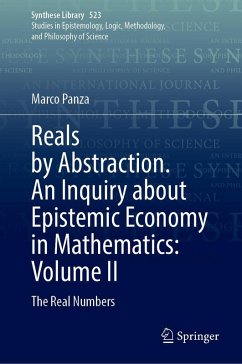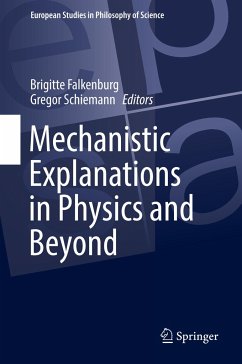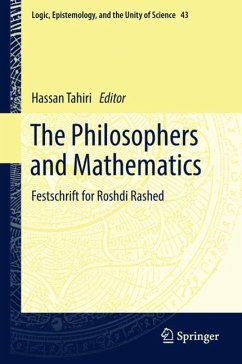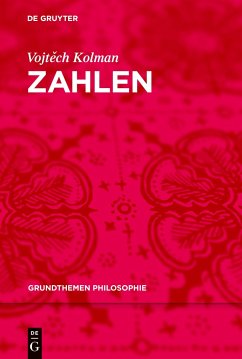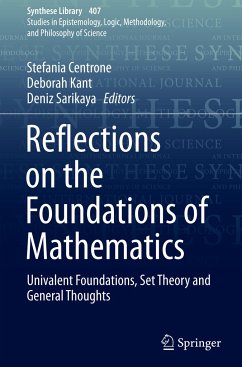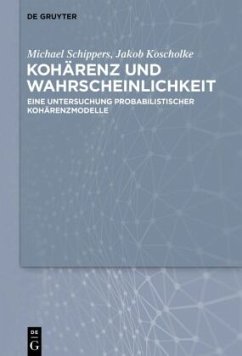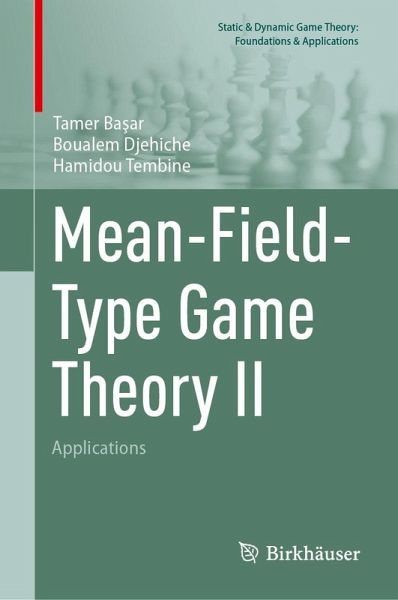
Mean-Field-Type Game Theory II
Applications
Versandkostenfrei!
Versandfertig in 6-10 Tagen
83,99 €
inkl. MwSt.

PAYBACK Punkte
42 °P sammeln!
Mean-Field-Type Game Theory II is the second of two volumes that together form a comprehensive treatment of mean-field-type game theory and applications, focused on finding state-of-the-art solutions to issues surrounding the next generation of cloud social networking, smart energy systems, transportation and wireless networks. The text shows how mean-field-type game theory provides the ideal framework for designing robust, accurate and efficient algorithms for the autonomous and distributed architectures on which future cities and networks will rely to improve the efficiency and flexibility, ...
Mean-Field-Type Game Theory II is the second of two volumes that together form a comprehensive treatment of mean-field-type game theory and applications, focused on finding state-of-the-art solutions to issues surrounding the next generation of cloud social networking, smart energy systems, transportation and wireless networks. The text shows how mean-field-type game theory provides the ideal framework for designing robust, accurate and efficient algorithms for the autonomous and distributed architectures on which future cities and networks will rely to improve the efficiency and flexibility, security and quality of life.
This second volume fleshes out and expands upon the theoretical treatment of Volume I with a presentation of real-world applications including smart cities, energy systems and their economics, high-efficiency Wi-Fi networks, social networks, next-generation networks, sensor networks and cognitive networks.
Mean-Field-Type Game Theory II: Applications is an ideal resource for engineers, academic researchers, and advanced undergraduate and graduate students, surveying the varied ways in which mean-field games can be employed to enhance real systems of one sort or another.
This second volume fleshes out and expands upon the theoretical treatment of Volume I with a presentation of real-world applications including smart cities, energy systems and their economics, high-efficiency Wi-Fi networks, social networks, next-generation networks, sensor networks and cognitive networks.
Mean-Field-Type Game Theory II: Applications is an ideal resource for engineers, academic researchers, and advanced undergraduate and graduate students, surveying the varied ways in which mean-field games can be employed to enhance real systems of one sort or another.



